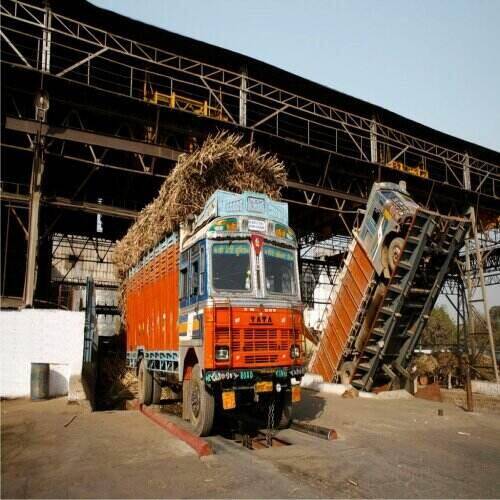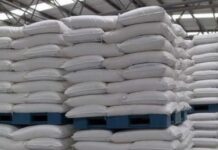Chiredzi West MP Darlington Chiwa has called on the government to implement policies that protect the sugar industry, highlighting its potential to support sustainable development and economic growth in Zimbabwe, reported News Day.
Chiwa’s comments came after a media tour of Tongaat Hulett Zimbabwe’s sugar plantations and mills in the Lowveld on Friday. Tongaat Hulett operates two key sites in the Lowveld: Hippo Valley and Triangle.
Chiwa pointed out that the industry currently operates under the outdated Sugar Production and Control Act of 1964, which was enacted during Rhodesia’s Unilateral Declaration of Independence. He stressed that these laws should have been updated post-independence in 1980 to empower the majority and align with contemporary economic trends.
“These are archaic laws that should have been changed soon after independence in 1980 to empower the majority and move with current economic trends,” Chiwa stated.
He emphasized that the existing laws do not align with the government’s Vision 2030. “We appeal for a current sugar policy so that it is a strategic crop. How can we sponsor tobacco when people are starving, yet the sugar industry could thrive with better policies?” he questioned. Chiwa also called for the sugar industry to be declared a strategic sector, protected from issues like electricity load-shedding and supported by various incentives. “We need policy changes, not political statements, so that our farmers are protected. We continue to appeal to the government to help limit imports that are flooding our markets,” he added.
Recently appointed Tongaat Hulett CEO Tendai Masawi outlined his plans to revitalize the sector and restore its production levels. “My main task is aimed at increasing productivity through buying new equipment. If production is boosted, we aim to adequately supply our domestic markets and help eradicate imports that have dominated the economy of late,” Masawi said. He noted that the sugar industry employs about 16,000 workers, making it the second-largest employer after the government and a significant taxpayer.












